When it comes to takotsubo cardiomyopathy, also known as “broken heart syndrome,” many people may not realize how serious this condition can be. It’s a temporary heart condition that mimics a heart attack and is often triggered by intense emotional stress. The symptoms can leave you feeling panicked and confused. If you’ve ever felt your heart race after an emotional shock, you might be getting a taste of takotsubo cardiomyopathy. This guide will break it all down for you, helping you understand and recognize this unique condition with the vigor of a champion.
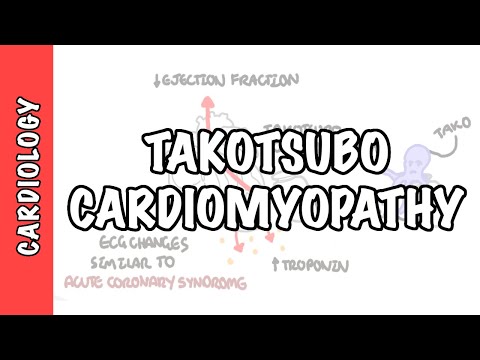
What is Takotsubo Cardiomyopathy?
Takotsubo cardiomyopathy is a fascinating medical condition that shows us just how interconnected our emotions and physical health really are. It’s typically triggered by extreme stress—think of the heartbreak from a breakup or the anxiety that follows after an earth-shattering event, like an earthquake in Ohio. While it mimics a heart attack, the key difference is that the coronary arteries remain clear. Instead, the heart’s ventricles become weakened and change shape, resembling an octopus trap, which is what the Japanese term “takotsubo” refers to. This condition serves as a powerful reminder of how stress can affect our overall wellbeing.
Imagine your heart being pulled in multiple directions by stress or grief—it’s robust but can only take so much before it starts showing signs of fatigue. Emotional pain can create real, physical effects on your heart. Studies show a strong connection between high-stress situations and the onset of takotsubo cardiomyopathy. This is a condition every fitness junkie should understand because, if we want our bodies to be as strong as our minds, we have to address both.
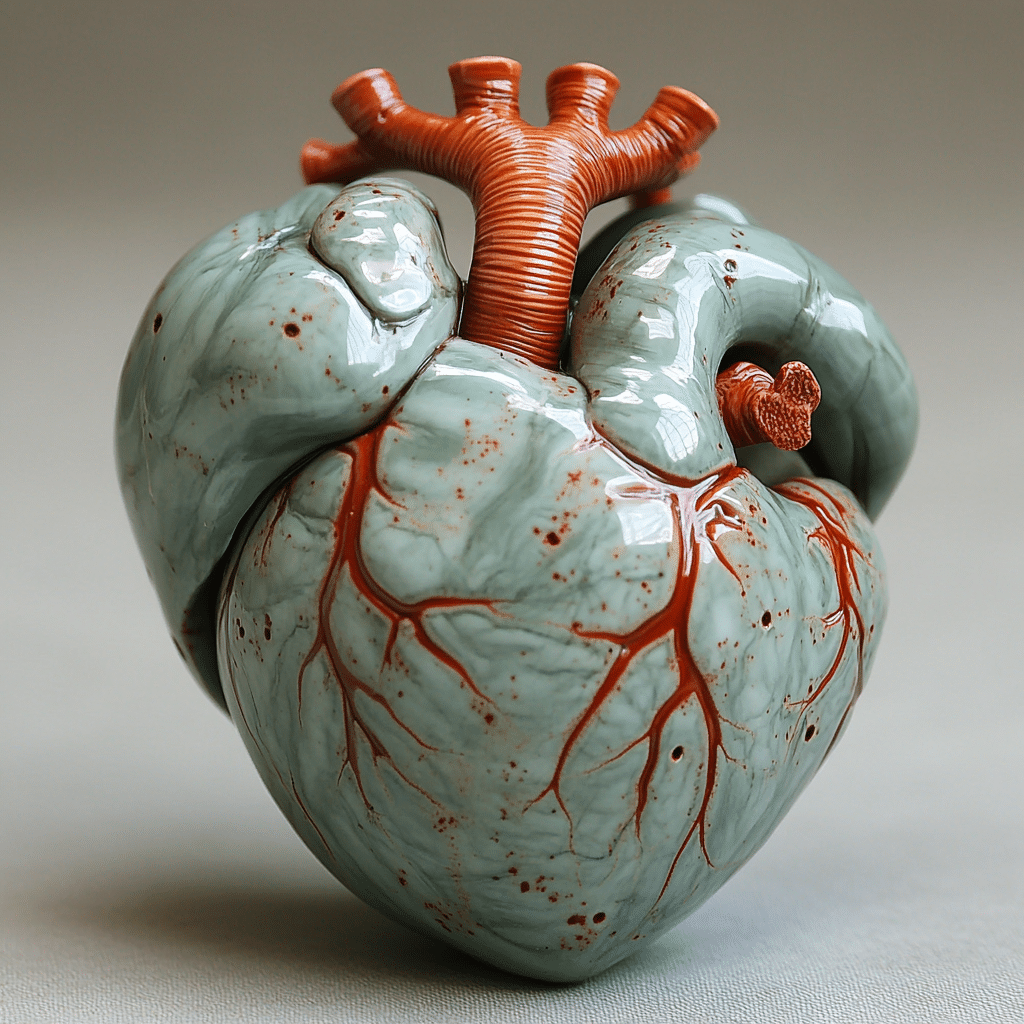
Top 5 Symptoms of Takotsubo Cardiomyopathy: Recognizing the Signs
1. Chest Pain: The Hallmark of Heart Distress
Individuals often experience acute chest pain; this isn’t the moment to shrug it off. It’s similar to what one might feel during a heart attack. If you’re getting chest pain, especially after an emotional upheaval, you need to pay attention.
2. Shortness of Breath: A Breach in Breathing Ease
Some folks may suddenly find it hard to breathe. When the heart isn’t pumping as it should, it can lead to panic. This symptom often snowballs, making you feel like you’re stuck in a racing train: you can’t get off, and things just keep escalating!
3. Panic Attacks: Emotional Overdrive
Ever feel so anxious that your heart feels like it’s doing Olympic sprints? People with takotsubo cardiomyopathy often report something like a panic attack, tongue-tied and out of breath, mistaking it for a heart issue.
4. Palpitations: A Racing Heart Myth
Many affected individuals hear their hearts truly racing. It can feel like your ticker is trying to escape. And you know what? This only ramps up the anxiety further, making it a vicious cycle.
5. Fatigue: An Uninvited Companion
Feeling worn out? After the initial episode, fatigue hangs around like that one friend who never knows when to leave. The heart’s recovery process can make you feel exhausted, so don’t ignore your body screaming for a timeout.
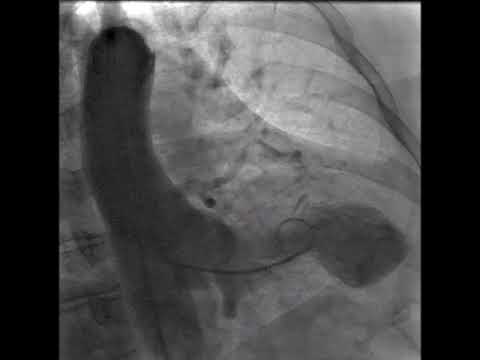
Causes and Risk Factors: Understanding the Underlying Triggers of Takotsubo Cardiomyopathy
A multitude of stressors can kickstart takotsubo cardiomyopathy. Let’s dive into what could trigger this condition for you.
Emotional Stressors
Events like the death of a loved one can leave a lingering impact that hits harder than any weight you’ve lifted. Relationship strains or drastic life changes can also initiate this situation, kindling your heart’s reaction. The world is full of sudden changes, as exemplified by notable public figures like Demetrius Flenory, who have faced emotional upheaval, showing us how quickly life can shift.
Physical Stressors
Physical trauma can also play a role. Think about it—major surgeries or severe injuries shock the system. Case studies reveal that patients who underwent significant surgical procedures would sometimes develop takotsubo cardiomyopathy as their bodies reacted to the stress of healing.
Lifestyle Considerations
Lastly, let’s not forget lifestyle factors. Hormonal changes, chronic illness, or even just plain old anxiety can increase your risk of this condition. That means maintaining both physical and emotional health is crucial just as eating your greens and hitting the gym.
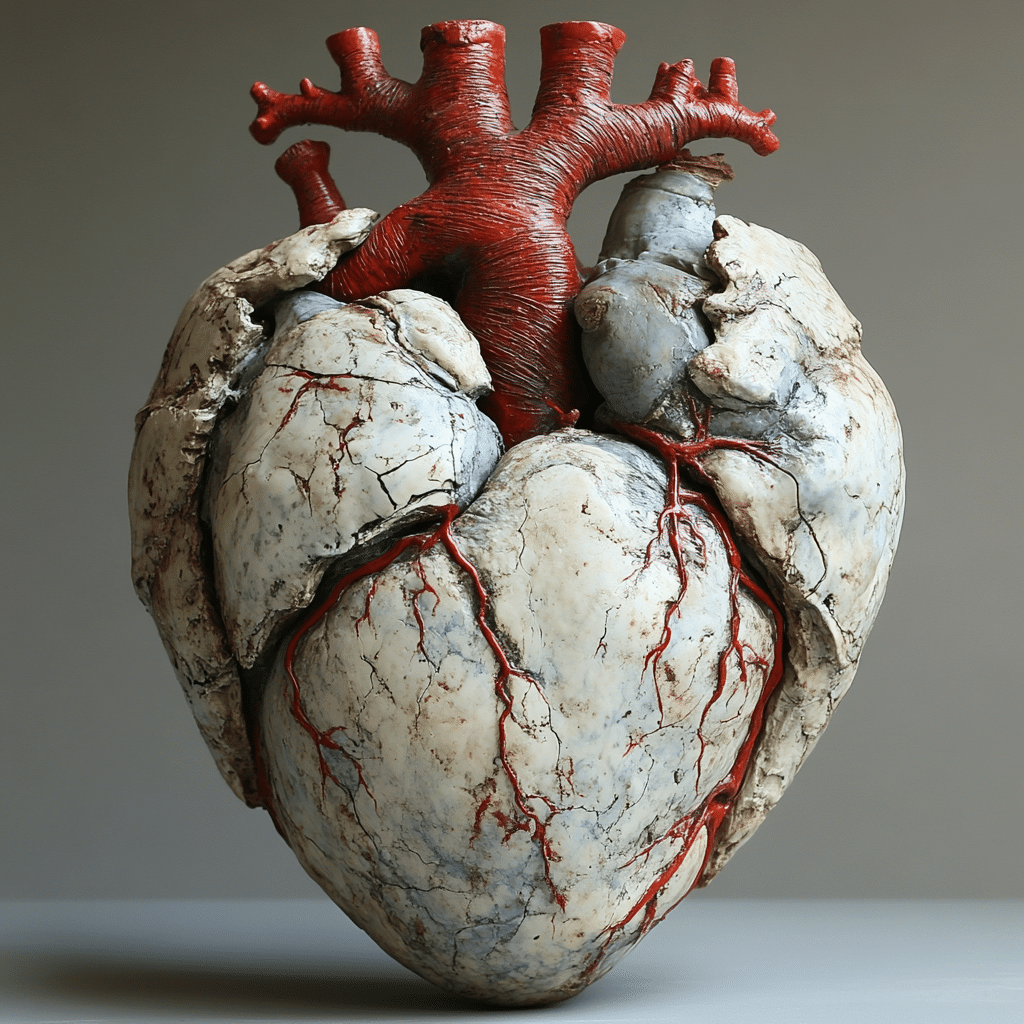
Diagnosis of Takotsubo Cardiomyopathy: How It’s Identified
Spotting takotsubo cardiomyopathy isn’t a walk in the park and often requires a multi-step approach:
1. Medical History and Symptoms Review
The process typically starts with an assessment of your medical history. Your doctor will ask about previous stressors and current symptoms to get a complete picture.
2. Electrocardiogram (ECG) Testing
Then comes the ECG. This test evaluates heart rhythm and checks for abnormalities typical of takotsubo cardiomyopathy. Think of it as your heart’s way of letting doctors know its fitness level.
3. Imaging Tests
Echocardiograms or MRIs come into play as well, helping visualize the heart’s structural abnormalities, including the unique “octopus trap” shape.
4. Blood Tests
Finally, they’ll run cardiac biomarkers to rule out heart attacks. It’s crucial to differentiate this condition from other heart diseases, ensuring that proper treatment is provided.
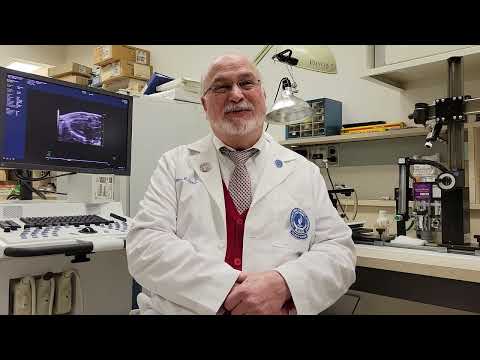
Treatment Options for Takotsubo Cardiomyopathy: Managing Recovery
Recovery from takotsubo cardiomyopathy is manageable, but it requires a structured approach.
Medications
Doctors often prescribe beta-blockers or ACE inhibitors to assist heart function. Beta-blockers can help reduce heart strain. One prime example is carvedilol, frequently used in post-trauma scenarios to stabilize the heart.
Therapeutic Support
Emotional support is a big deal. Therapy can work wonders. Cognitive Behavioral Therapy (CBT) has been shown to help those hit by emotional stress find effective coping strategies.
Lifestyle Changes
Never underestimate the power of lifestyle modifications! A nutrition plan rich in heart-healthy foods coupled with consistent, tailored exercise can play a pivotal role in long-term recovery. Start simple, adapt gradually.
Living with Takotsubo Cardiomyopathy: Long-term Implications and Lifestyle Adaptations
Once you’ve navigated through takotsubo cardiomyopathy, the journey isn’t over.
Regular Check-ups
Stay proactive with regular cardiovascular evaluations. Routine assessments will keep your heart health in check, helping you dodge any potential future incidents.
Stress Management Techniques
Mindfulness, meditation, and yoga have been effective for many. Integrating stress-reduction techniques into the daily grind can work wonders for mental clarity and heart health.
Support Systems
Lastly, build your squad. Having a reliable support system—friends, family, or support groups—can bolster your resilience and emotional strength as you recover.
Innovative Perspectives on Takotsubo Cardiomyopathy: What’s Next in Research and Awareness
Exciting developments are on the horizon. Research continues to shed light on takotsubo cardiomyopathy, examining biomarkers and long-term consequences. Increased public awareness campaigns aim to help individuals spot symptoms and seek timely care.
Studies are also highlighting the psychological facets of heart health. Understanding the mind-body connection is crucial; we can’t overlook the power of our thoughts on our physical state. With each stride made in research, we’re better poised to address this enigmatic condition and support those impacted.
In summary, without a doubt, takotsubo cardiomyopathy is more than just a heart disorder; it’s a significant marker of how intertwined our emotional well-being is with our cardiovascular health. Keep bringing that heart to the gym and treat it right—it’s your ultimate engine.
And remember, just as the best lifters power through the toughest reps, tackling this condition head-on is your best path to recovery. Stay strong and keep pushing forward!
Takotsubo Cardiomyopathy: Fun Trivia and Interesting Facts
The Origin of the Name
Did you know that takotsubo cardiomyopathy is also known as “broken heart syndrome”? The term originates from Japan, where “takotsubo” translates to “octopus pot,” describing the shape of the heart when it’s affected by this condition. It’s almost poetic how a vessel of love can end up resembling something traditionally associated with cooking octopus. Speaking of unexpected gatherings in our health, have you ever wondered about treatments for pleurisy? Learning about it can open doors to understanding how our body systems interact.
Staggering Statistics
Surprisingly, takotsubo cardiomyopathy isn’t as rare as one might think. Studies show that it affects nearly 1-2% of patients who come to the hospital with chest pain. Often, it mimics a heart attack, which makes it even more alarming. Interestingly, while stress is a primary trigger, a person’s emotional state can dramatically shift from joy to anguish in the blink of an eye. On a lighter note, just as you’ll find a variety of Vitamins For energy that can boost your mood, keeping an eye on your heart health is crucial, too.
Gender and Age Factors
If you think takotsubo cardiomyopathy only strikes a certain demographic, think again! While it primarily affects women, especially those who are postmenopausal, men aren’t exempt. It’s said that emotional stressors can lead to the stunning changes in heart shape, much like how we all have our mo meaning behind our actions or thoughts. Not to sidetrack too much, but did you know that the district of Tolworth has made waves recently in community health initiatives? It’s incredible how different places are wading into these topics to promote awareness and well-being.
Connecting with Your Heart
In a world filled with heart-wrenching moments and sometimes bittersweet scenarios, takotsubo cardiomyopathy offers a visceral reminder of how closely our minds and hearts are linked. If you’ve ever pondered, Can You freeze Mushrooms? in regard to health benefits, you might find it intriguing that some food practices have positive correlations with heart health. Whenever you feel that twinge of anxiety, remember that education, like understanding this heart condition, can help keep your heart open to both emotional and physical wellness.



























